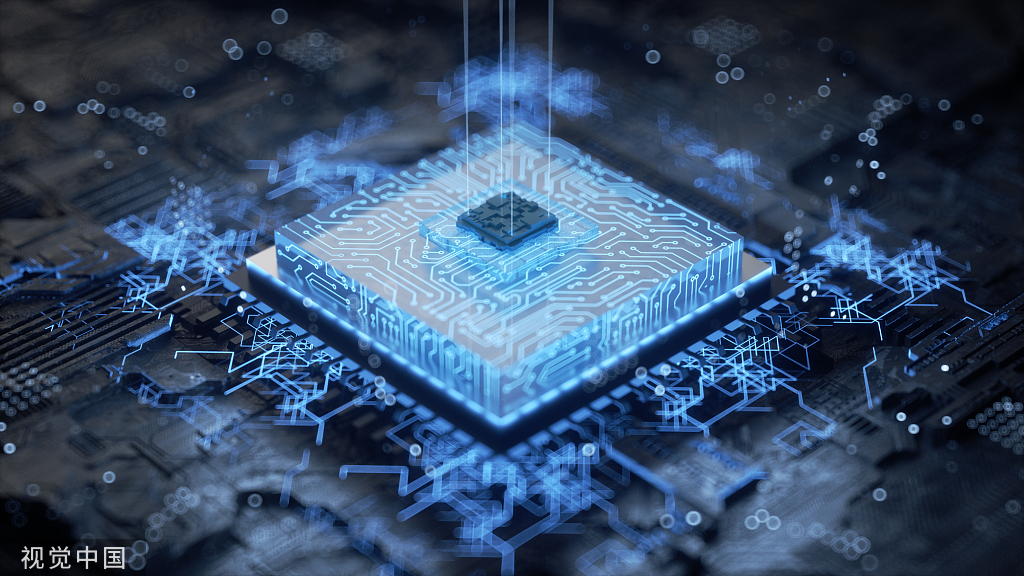Washington's latest attempt at technological hegemony will prompt China to sharpen tools: China Daily editorial


Washington has been intensifying its efforts to put a speed limiter on China's technological capabilities. In its latest attempt to impose a "technological blockade" on China, it informed Nvidia and Advanced Micro Devices that they could not export their newest data-center graphics processing units to China without obtaining a license.
The latest architecture GPUs, namely Nvidia's A100 and H100 and AMD's MI250, are a key technology for advanced computing tasks such as image and speech recognition. They are designed to speed up machine deep learning, a key step in developing high-end artificial intelligence technologies and supporting cloud service platforms.
In once again "stretching the concept of national security", the Joe Biden administration was playing an old trick from 2015 when the US government blocked Intel from supplying its high-end Xeon Phi processors to China's supercomputer builders. An embargo that only added impetus to the development of the Chinese mainland's processor industry.
The production of integrated circuits on the Chinese mainland grew by 33.3 percent in 2021 from 2020, while the whole year's sales exceeded 1 trillion yuan ($144.96 billion) for the first time.
In an article published in The Washington Post after the Intel ban, Michael Hayden, former head of the US National Security Agency, said that the US had previously restricted the sale of high-end chips capable of millions of theoretical operations per second (MTOPS) as it wanted an MTOPS advantage, but it quickly became clear that such actions "were undermining the global competitiveness of the US computer industry" and that "the overall health of that industry was more important than any MTOPS advantage against a specific target country".
It seems that in its eagerness to turn the screws on China, the Biden administration had initially overlooked that. However, apart from reducing the revenue of the two companies, the latest restrictions were expected to have an impact on the development of their next-generation technology, with Nvidia warning that the new license requirement could impact the development of its Hopper accelerated computing platform, which reportedly delivers "an order of magnitude performance leap" over its predecessor.
Now it seems that Nvidia at least has managed to get the administration to see the folly of the move. On Thursday, the company said that it is being allowed to export and make in-country transfers up until March 1, 2023, so it can complete the development of its flagship artificial intelligence chip.
It is simply make-believe for US politicians to expect China to give up the high-tech sector under their pressure. Even though Intel was prohibited from exporting Xeon Phi to China, Chinese scientists and researchers developed the Shenwei Taihu Light supercomputer that won four successive speed competitions from June 2016 to November 2017. It was not until they "learned" from the Chinese design that the US reclaimed the spot in 2018.
There are gaps between China and the US in the high-tech sector, but they will shrink with China's efforts and with US inflicting blowbacks on its own high-tech sector.
China has already been working to create alternatives to various technologies for which the country has depended on the two companies.
It will now have been prompted to redouble its efforts.


































